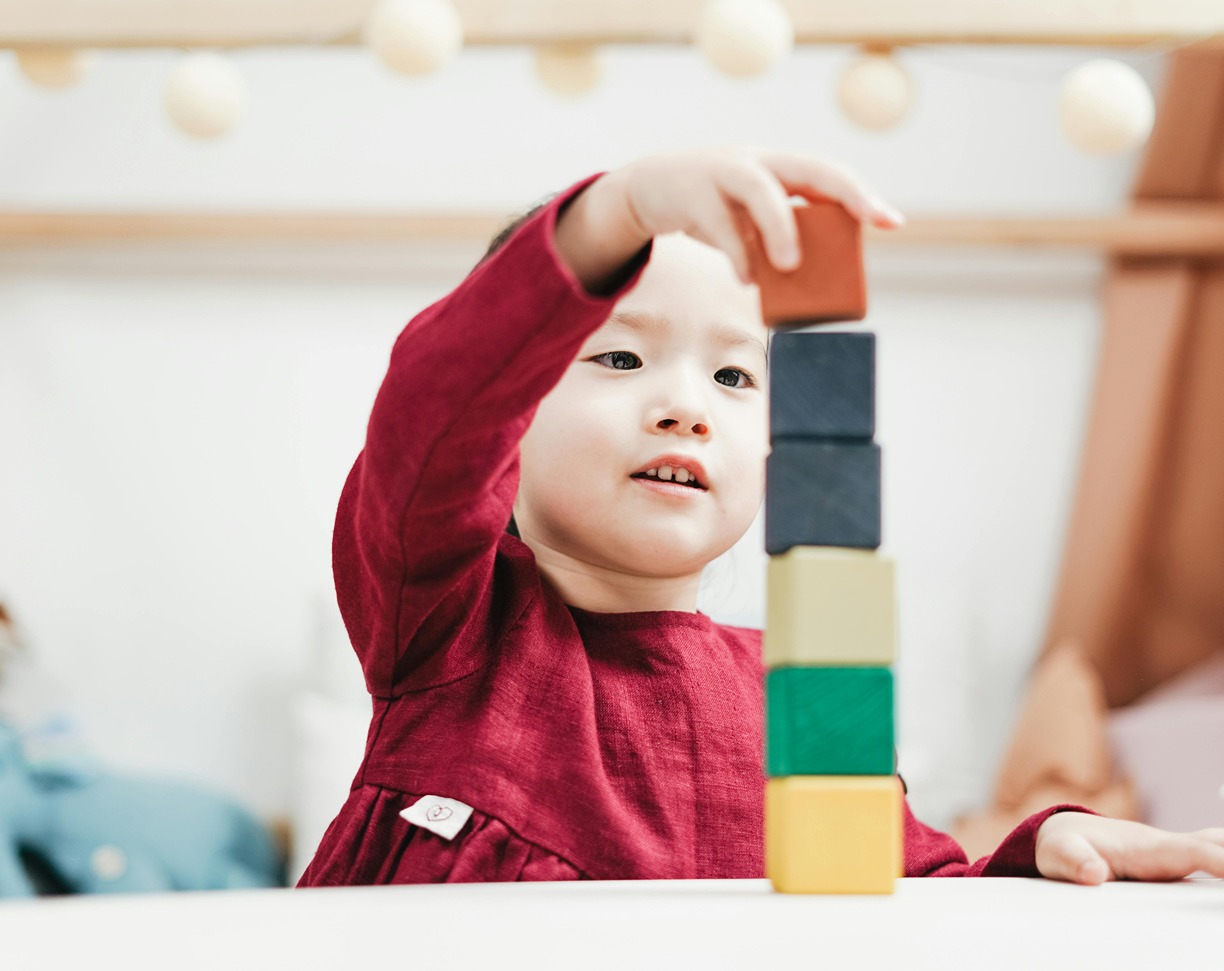
When a child has ADHD, the focus is often on managing attention, behavior, and school performance. But over time, the emotional side of the condition can become just as important to address. Many parents notice their child becoming discouraged, withdrawn, or unusually hard on themselves. These emotional struggles can sometimes lead to more serious concerns like depression.
In this post, we’ll explore how the challenges of ADHD can affect a child’s mood and mental health, what signs to look for, and how parents can offer meaningful support.
The Link Between ADHD and Depression
ADHD (Attention-Deficit/Hyperactivity Disorder) is a neurodevelopmental condition that affects focus, impulse control, and self-regulation. While ADHD itself doesn’t directly cause depression, the challenges that come with it can increase the risk of developing depressive symptoms over time.
Kids with ADHD often struggle with things like:
- Trouble staying organized or keeping up with schoolwork
- Difficulty making or keeping friends
- Constant correction or criticism from adults
- Feeling different from their peers
Over time, these challenges can wear down a child’s self-esteem. If a child starts to believe they are bad, lazy, or not good enough, it can contribute to the development of depression. This is especially true during adolescence, when social pressures and academic demands tend to increase.
Signs of Depression in Kids with ADHD
Depression can sometimes be hard to recognize in kids, especially when ADHD symptoms are more noticeable. But here are a few signs to look out for:
- Ongoing sadness or irritability
- Loss of interest in things they used to enjoy
- Changes in appetite or sleep patterns
- Low energy or fatigue
- Expressions of worthlessness or guilt
- Trouble concentrating (which can also be a symptom of ADHD)
- Withdrawal from friends or family
If you notice these signs lasting more than a couple of weeks, it’s a good idea to reach out to a mental health professional.
What Parents Can Do
The good news is that with the right support, kids with ADHD can thrive emotionally and academically. Here are some steps you can take:
1. Get a clear diagnosis.
Sometimes ADHD and depression can look similar, and in other cases they can overlap. A qualified mental health provider can help determine what’s really going on. If your child hasn’t been diagnosed but you’ve noticed ongoing struggles with focus, impulsivity, or emotional outbursts, it’s worth having them evaluated for ADHD. Getting clarity can be an important step toward understanding their needs and helping them feel better about themselves.
2. Build up your child’s strengths.
Kids with ADHD often hear a lot about what they are doing wrong. Make a point of noticing and celebrating what they do well, whether it’s creativity, kindness, problem-solving, or humor.
3. Create a supportive environment.
Consistency, structure, and positive reinforcement are key. It also helps to have adults around who understand ADHD and can offer guidance in a calm and understanding way.
4. Encourage open conversations about emotions.
Let your child know that it’s okay to feel sad, frustrated, or overwhelmed and that they don’t have to handle those feelings alone.
5. Seek therapy if needed.
Therapists who specialize in working with children and ADHD can offer strategies to manage emotions, boost self-esteem, and build resilience. Therapy for parents can also be helpful, providing tools to support your child more effectively.
Conclusion
While ADHD doesn’t mean a child will definitely develop depression, it does bring emotional challenges that deserve attention. By staying connected to your child’s experience and getting support when needed, you can help them grow into a confident and emotionally healthy person.
If you’d like to learn more about ADHD evaluations for children and teens, please contact us.





